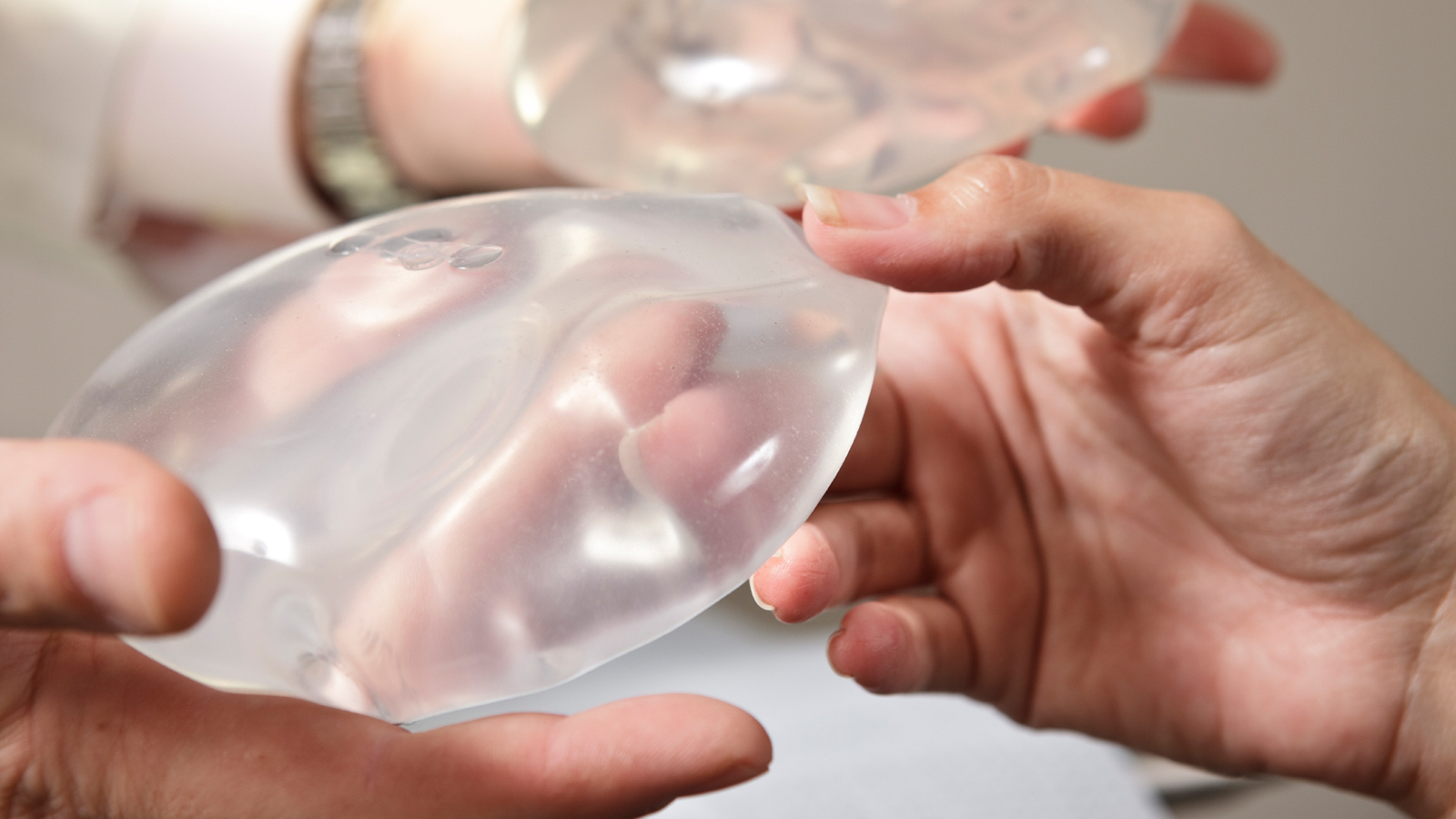
Español
Are you considering a procedure to shape or increase the size of certain parts of your body? Beware of using injectable silicone for body contouring, or any other unapproved products to achieve your goals.
Injectable dermal fillers are medical devices regulated by the U.S. Food and Drug Administration. Although the FDA has approved certain injectable dermal fillers for use in the face (for example, to enhance lips and cheeks) and hands, no injectable filler is FDA-approved for large-scale body contouring or body enhancement.
That means you should never get an injectable filler as a breast filler, “butt filler,” or filler for spaces between your muscles. And you should never get any type of injectable filler for large-scale body contouring or enhancement. These kinds of uses can lead to serious injury, permanent scarring or disfigurement, and even death.
Check Before You Inject: 4 Safety Tips
Please consider the following advice.
- NEVER get any type of filler or liquid silicone injected for body contouring or enhancement. This means you should never get breast fillers, “butt” fillers, or fillers for spaces between your muscles. These products, which include certain types of injectable silicone, can be dangerous and can cause serious injury and even death.
- NEVER buy dermal fillers on the Internet. They may be fake, contaminated, or harmful.
- NEVER get injectable fillers from unlicensed providers or in non-medical settings like hotels or private homes.
- ALWAYS work with a licensed health care provider who uses FDA-approved products for treatments. Vials should be properly labeled and sealed. If your health care provider offers a procedure using a dermal filler that is much cheaper than similar procedures using FDA-approved dermal fillers, or if a product has labeling that looks strange or different than usual, beware.
More About the Dangers of Injectable Silicone—and the FDA’s Investigative Actions
The FDA is aware of cases in which unqualified providers—some posing as doctors or licensed healthcare practitioners—have injected illegal or unapproved body fillers like silicone or oils into patients.
Silicone is a liquid substance, and injectable silicone is permanent and stays in your body. Injectable silicone is different from silicone oil used in small amounts in the eyes or the silicone used in FDA-approved breast implants. That’s because the shell of a breast implant keeps silicone from moving throughout the body. But injectable silicone can move throughout the body and cause serious health consequences, including death.
In fact, when injected into areas with many blood vessels such as the buttocks (“butt”), silicone can travel through those vessels to other parts of the body and block blood vessels in the lungs, heart, or brain. This can cause a stroke or even death. Large-scale injectable silicone for body contouring and enhancement can also result in a painful and hard, gravel-like substance that stays permanently beneath the skin.
Side effects can occur even years after treatment. And multiple medical and surgical interventions are sometimes needed to treat symptoms years after initial injection. Even then, patients may continue to have serious side effects that require ongoing treatment.
The FDA also is aware that some consumers have been falsely told that they were receiving an FDA-approved dermal filler, but they were actually injected with silicone or another unapproved product for body contouring. You should know that these practices are dangerous and that people who received these dangerous injections have died or been seriously injured. The FDA has investigated numerous criminal cases involving unapproved dermal fillers, and many have resulted in successful prosecutions.
In addition, the FDA is aware of and concerned about the use of counterfeit (“fake”) versions of dermal fillers that have not been FDA reviewed or approved for any purpose. The FDA continues to take investigative action on these cases as well and has warned health care providers and patients not to use these counterfeit products because the FDA cannot make sure they are safe or effective.
You can learn more about this topic in the FDA’s 2017 Safety Communication, and learn more about FDA-approved dermal fillers by reading “Filling in Wrinkles Safely.”
And you can find additional information for patients, including more details on FDA recommendations, on the agency’s Dermal Fillers web page.
Also know that the FDA continues to monitor reports of complaints about injectable silicone and other unapproved products, and the agency’s Office of Criminal Investigations works to prevent providers from harming people by using dangerous products in body contouring procedures.
If you’d like to report suspected criminal activity related to FDA-regulated products, you can make a report on the FDA’s website.
back to top
Source: FDA
This webpage is made available by China PR News




